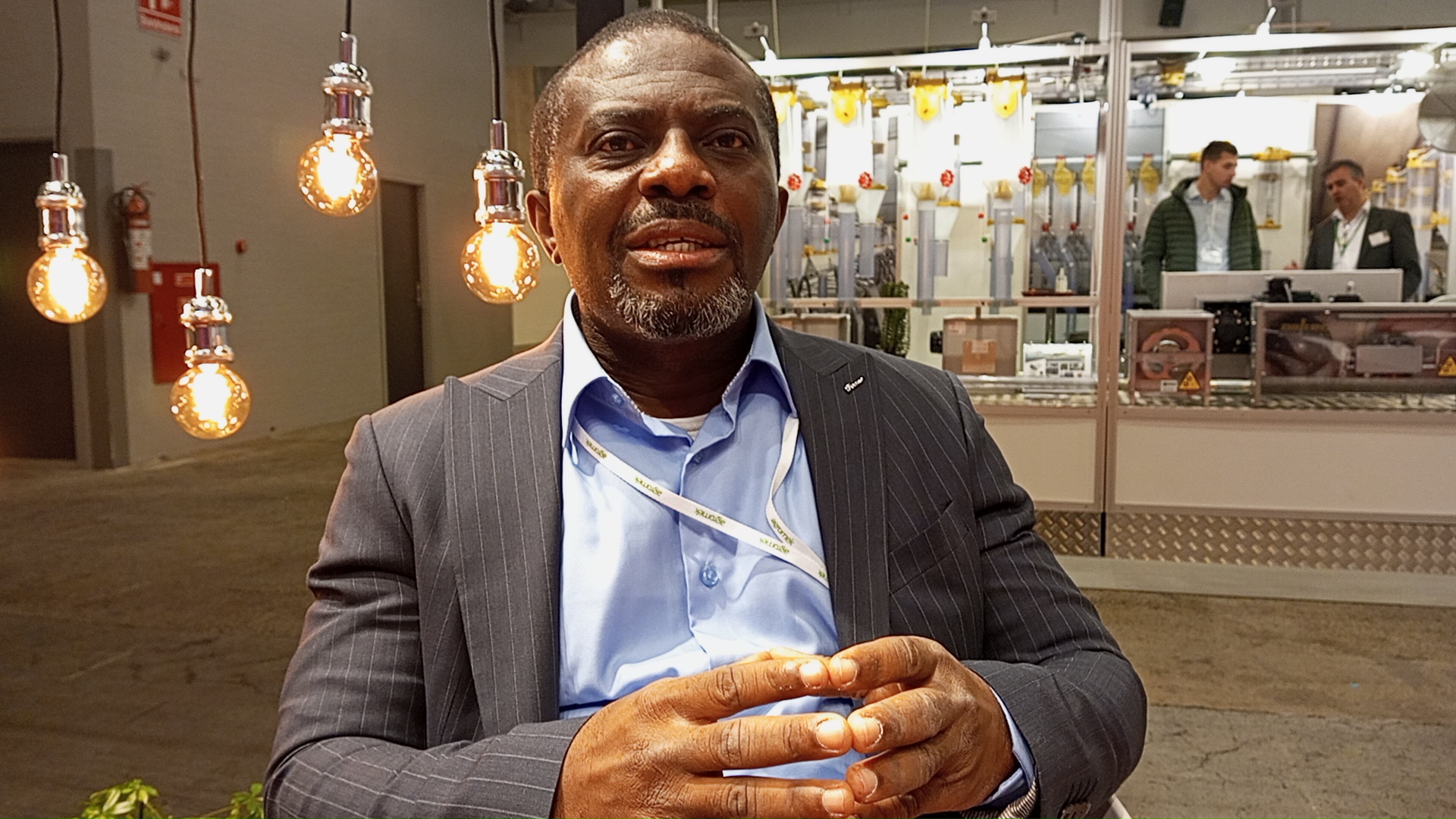
The Chief Executive Officer of CR72 Ghana Limited, Kwame B. Kodua, has suggested the establishment of a National Agricultural Planning Committee to govern the sector.
He has observed investment in agriculture is key for economic growth and job creation among Africa’s farmers, but this is not evident within the agricultural transformational agenda.
He argues there is no clear-cut agriculture investment policy aiding in modern technology enhancement as seen in the developed economies.
Despite agriculture being the second largest employer in the country, successive governments have not committed to its full realization and are still grossly underdeveloped.
Although Ghana has committed to the Malabo Declaration on Accelerated Agriculture Growth and Transformation, there are challenges in boosting agricultural mechanization in food-producing communities.
Speaking on the sidelines of the 2022 Agromek, Northern Europe’s largest agricultural fair in Herning, Denmark, Mr Kodua emphasized the need to establish a National Agriculture Planning Committee to run the country’s agriculture sector.
Based on what he saw at the Agromek 2022 Agricultural fair, he holds the view that Ghana is far from modernizing agricultural technology and innovations, a situation he describes as worrying and disastrous for Ghana’s economic development.
Mr Kodua yearns for more investments in technology and innovations that would anchor Ghana’s food production.
Unfortunately, Ghana lacks quality physical infrastructure for agriculture fairs and this in effect poses a serious threat to the sector.
According to him, the shift towards a modern and intensive mode of agriculture must necessarily go through the development of a comprehensive agricultural policy that takes into account several components like irrigation, use of inputs and organization of marketing facilities.
He also believes the establishment of the National Agricultural Planning Committee stands the test of time to salvage the situation.
He argued that for sustainable agricultural growth to take place, there is a need for Ghana to urgently develop mechanization strategies that will set farmers on a sure and sustainable path to commercial farming.
Much valuable time has already been lost with a series of agricultural talk shows with little to show off as a nation, however, the time for action is now, he stated.
He wonders why Agricultural communities are plunged into poverty, food insecurity and excessive reliance on food imports, despite agriculture being Ghana’s backbone.
To him, Ghana’s agriculture sector needs to prevail under a special body to stimulate the growth of agricultural machinations on a wide scale to end the hand-hoe-powered agriculture practices in the country.



